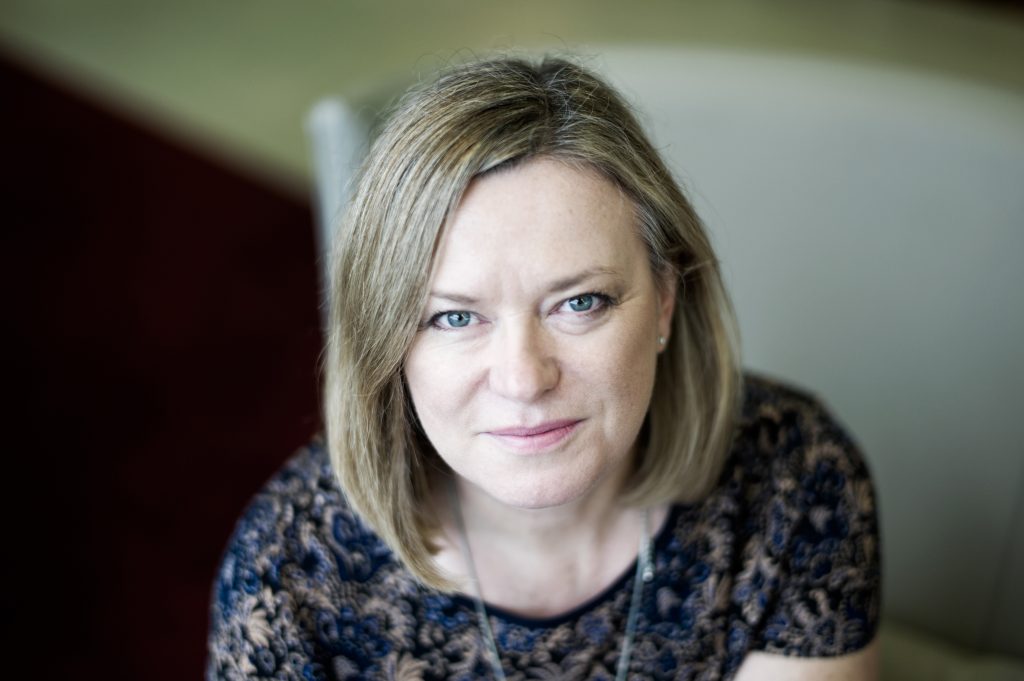Oliver Marketing was launched quietly, accomplished startling growth and is now a global phenomenon. We recently invited Sharon Whale, Chief Executive Officer UK of Oliver in to get an understanding of how and why it has been so successful and has achieved such staggering growth.
Sharon joined Oliver in January 2016. At the time it was a UK focused company with approximately 200 staff. Over the following almost 4 years Oliver has grown to over 2,000 people with 200-plus agencies. Earlier this year, it sold a majority stake to You and Mr Jones. It is hugely successful, and now set to continue its impressive growth trajectory on a global stage.
The concept is simple – Oliver build a dedicated ‘in-the-client-house’ agency team which can currently be anything from 4 to 300+ people. The intention is for this team to be a seamless part of the client business enabling better, faster and quicker solutions without the ‘shuttling back and forth’ to deliver what is required. With the added benefit of Oliver’s broad array of supporting agencies and staff (now covering everything from brand tech solutions, end to end Customer Journey planning and conceptual creative solutions to global production and offshoring and everything in between) who are on call to help deliver these communications. Importantly – this doesn’t rule out clients working with external creative agencies, they usually still do, particularly for big creative ideas and platforms, but the Oliver model allows the clients to expand these creative concepts across channels quickly, efficiently and cost effectively.
What we at The Grace Blue Partnership were particularly intrigued to know is how does this in-housing work for talent? Does it deter creativity and inspiration or does it enable it? Does lack of variety lead to lack of ambition or creative vision? Sharon explained that working seamlessly with clients takes away many of the old frustrations, and enables creative solutions to be reached more quickly and without the angst. There is a growing pool of talent, across the disciplines, now interested in the concept. Sharon also dispelled the other misconception, that the in-house talent gets stuck in one place with no opportunity for change. Within Oliver, talent can move clients after a given period similarly to how they do within traditional agencies.
We took away the view that this ‘inhouse’ agency model seems set to stay, it offers speed and efficiency and the appeal to a group of creative talent is growing. We do still believe that for a sizable proportion of the creative community, being in the agency rather than in-house is an important distinction. Being a step removed enables talent to simultaneously work across different challenges and brings greater variety. It also allows the big, brave, unexpected solutions to bubble through. In-house does not remove the need for agencies, but they can clearly work harmoniously together.
